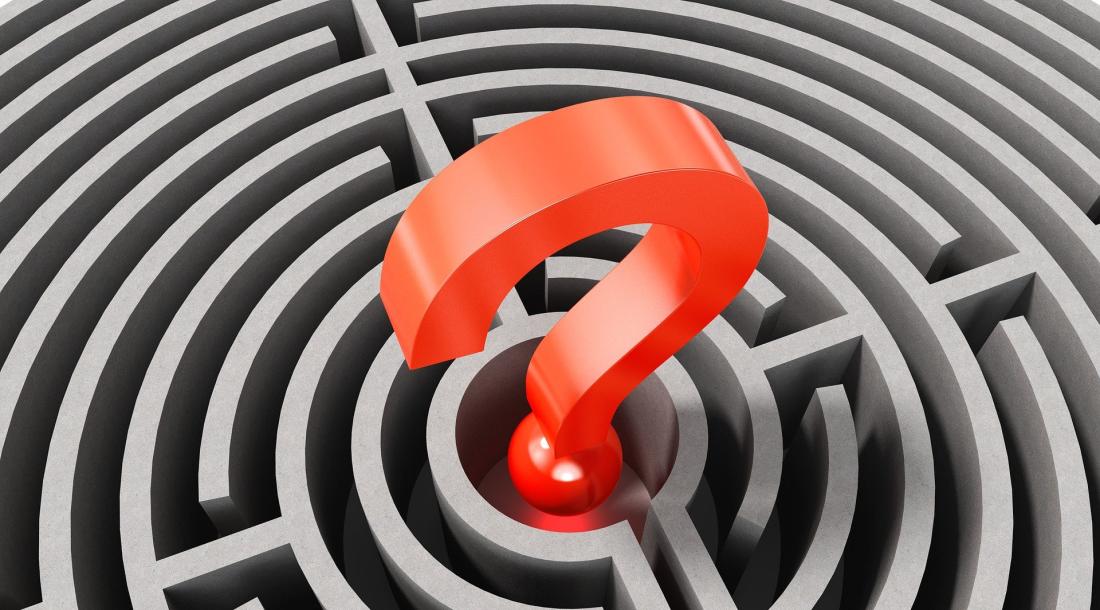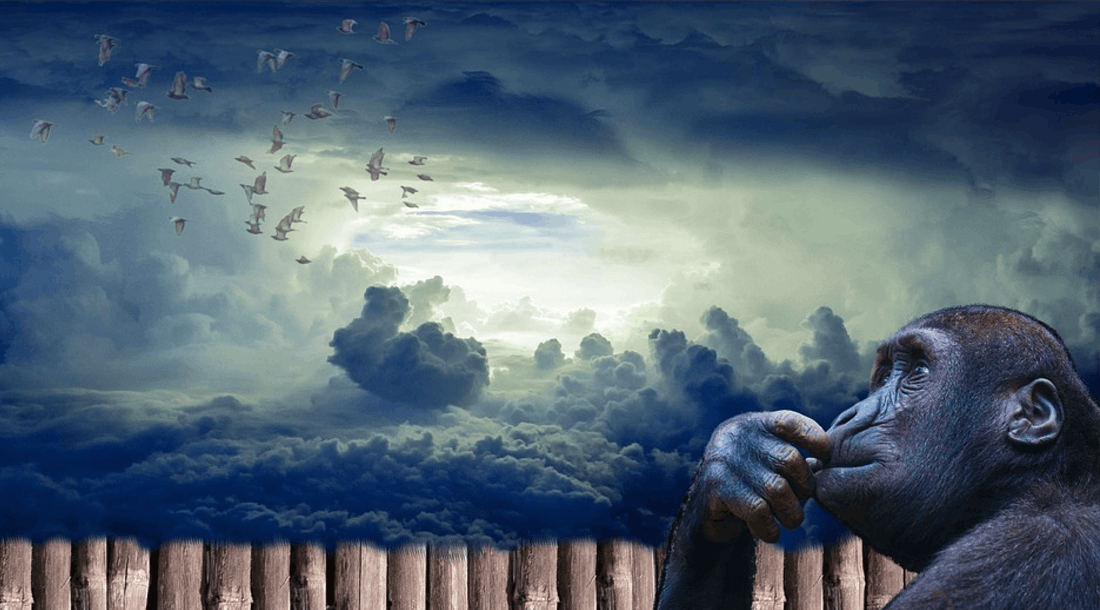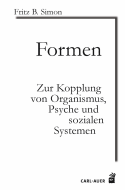On Trust

Under the title "Who relies on trust has already lost?" I go at t2informatik-Blog on trust.
What problems will come up if the paradox is not considered.
My conclusion is the following:
After several thousands of years we may finally realize: The project “love” has failed.
Everything that can be ideologized will be ideologized.
Soft values ideologize faster than anything else. It is the associated feelings of well-being and the control programs that follow them that stabilize the ideology.
The way out of this is to learn to work out trust self-referentially and to leave the trust game completely.
The better people can do this, the better cooperative relationships will work.
Experience teaches:
People who can manage complexity on higher dimensions are better able to deal with disappointment. And each of us knows: Good relationships thrive on the fact that mutual trust is limited to one important area, namely that of knowing: The dispute will not separate us, because all parties involved work with self-criticism and reflected self-confidence.
Therefore, complexity masters also know: the worst to trust are those who are not good at dealing with strife and conflict and who project their disappointments of expectation outward.
From this follows simply and evidently:
Train your teams to deal with conflict in a self-critical reflective way. This does not mean making pets out of conflicts, but on the contrary, being able to dance the pogo.
So train them in rhetoric, in rational argumentation skills, in basic systemic concepts and FORMlogical analyses of conflict and cooperation systems. Help your employees to be able to manage complexity at higher levels and to a responsible concept of trust, and you will gradually obtain resilient and sustainable communication organizations that can do more than trust: They can comphrehend conflicts as reorganization processes.
Read how I got there:
https://t2informatik.de/en/blog/processes-methods/who-relies-on-trust/






